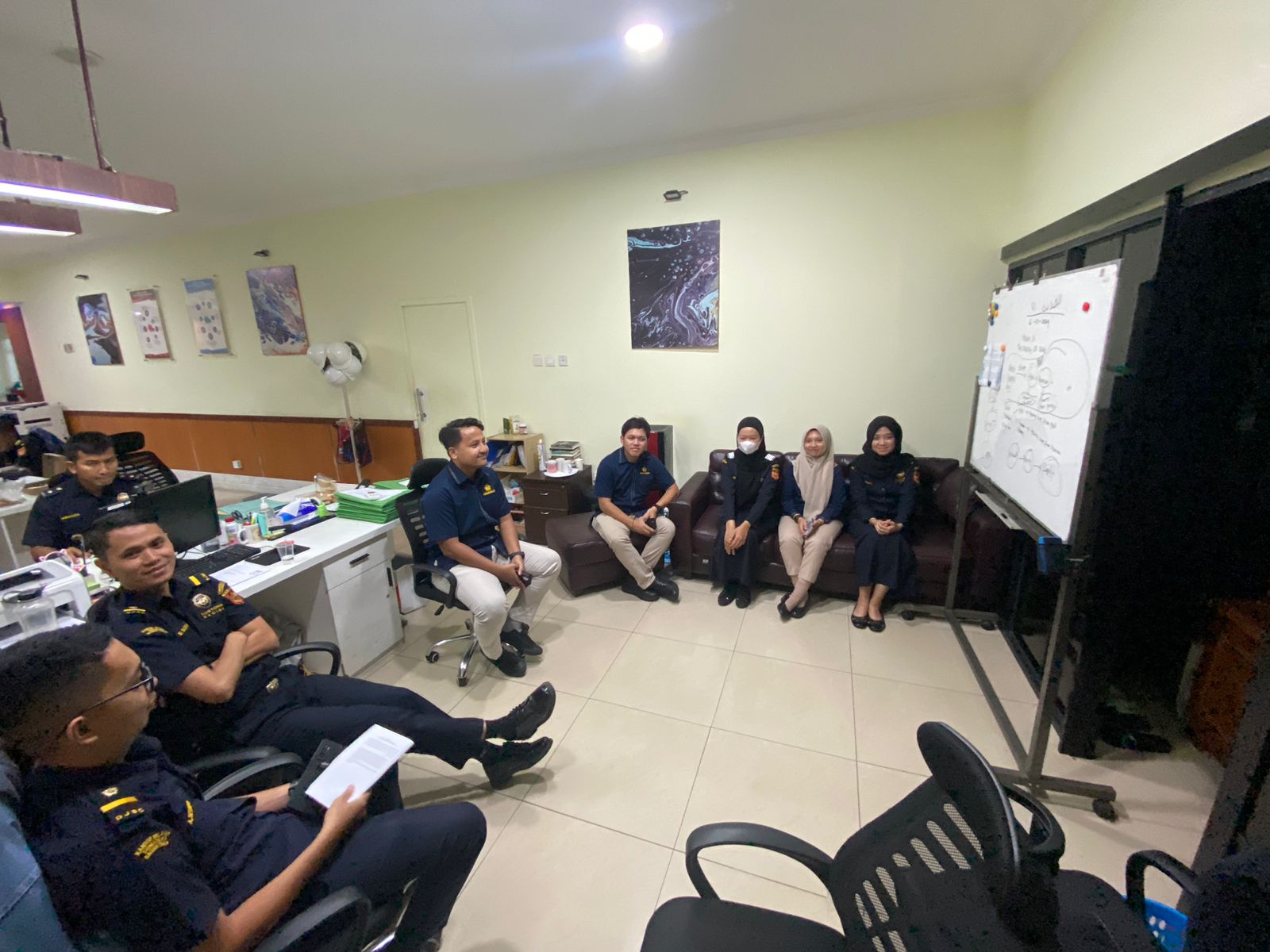
Hadith 31
- Written by: Dhea Visca Sandra
The Reality of Zuhd (Asceticism)
عَنْ أَبِي الْعَبَّاسِ سَهْلِ بْنِ سَعْدٍ السَّاعِدِيّ رَضِيَ اللهُ عَنْهُ قَالَ: جَاءَ رَجُلٌ إلَى النَّبِيِّ صلى الله عليه و سلم فَقَالَ: يَا رَسُولَ اللهِ! دُلَّنِي عَلَى عَمَلٍ إذَا عَمِلْتُهُ أَحَبَّنِي اللهُ وَأَحَبَّنِي النَّاسُ؛ فَقَالَ: "ازْهَدْ فِي الدُّنْيَا يُحِبَّك اللهُ، وَازْهَدْ فِيمَا عِنْدَ النَّاسِ يُحِبَّك النَّاسُ" . حديث حسن، رَوَاهُ ابْنُ مَاجَهْ [رقم: 4102]، وَغَيْرُهُ بِأَسَانِيدَ حَسَنَةٍ.
On the authority of Abu al-’Abbas Sahl bin Sa’ad as-Sa’idee (may Allah be pleased with him) who said: A man came to the Prophet (peace and blessings of Allah be upon him) and said, “O Messenger of Allah, direct me to an act which, if I do it, [will cause] Allah to love me and the people to love me.” So he (peace and blessings of Allah be upon him) said, “Renounce the world and Allah will love you, and renounce what the people possess and the people will love you.”
A hasan hadeeth related by Ibn Majah and others with good chains of authorities.
INDONESIA
Dari Abul Abbas Sahl bin Sa’ad As-Sa’idi radhiyallahu ‘anhu, ia berkata: Seseorang telah datang kepada nabi shallallahu ‘alaihi wa sallam lalu mengatakan: Wahai Rasulullah, tunjukkanlah kepadaku sebuah amalan yang apabila aku mengamalkannya Allah subhanahu wa ta’ala dan manusia mencintaiku maka beliau shallallahu ‘alaihi wa sallam menjawab: ”Bersikaplah zuhud terhadap dunia, niscaya Allah subhanahu wa ta’ala akan mencintaimu dan bersikaplah zuhud engkau terhadap apa yang ada pada manusia niscaya mereka akan mencintaimu.” ( Hadits hasan. Diriwayatkan oleh Ibnu Majah dan selainnya dengan sanad yang hasan )
Hadith 30
- Written by: Fayandi
Do Not Neglect the Religious Obligations
The Matan:
عَنْ أَبِي ثَعْلَبَةَ الْخُشَنِيِّ جُرْثُومِ بن نَاشِر رَضِيَ اللهُ عَنْهُ عَنْ رَسُولِ اللَّهِ صلى الله عليه و سلم قَال: "إنَّ اللَّهَ تَعَالَى فَرَضَ فَرَائِضَ فَلَا تُضَيِّعُوهَا، وَحَدَّ حُدُودًا فَلَا تَعْتَدُوهَا، وَحَرَّمَ أَشْيَاءَ فَلَا تَنْتَهِكُوهَا، وَسَكَتَ عَنْ أَشْيَاءَ رَحْمَةً لَكُمْ غَيْرَ نِسْيَانٍ فَلَا تَبْحَثُوا عَنْهَا". حَدِيثٌ حَسَنٌ، رَوَاهُ الدَّارَقُطْنِيّ ْ"في سننه" [4/184]، وَغَيْرُهُ.
On the authority of Abu Tha’labah al-Kushanee — Jurthoom bin Nashir (may Allah be pleased with him) — that the Messenger of Allah (peace and blessings of Allah be upon him) said: Verily Allah ta’ala has laid down religious obligations (fara’id), so do not neglect them; and He has set limits, so do not overstep them; and He has forbidden some things, so do not violate them; and He has remained silent about some things, out of compassion for you, not forgetfulness — so do not seek after them.A hasan hadeeth narrated by ad-Daraqutnee and others.
Summary of Discussion:
Today’s Taklim took place on 05 November 2024, from 08:20 to 09:15 WIB, with 10 attendees: Pak Kanwil (Muhamad Lukman), Febriyani, Rere, Dhea, Cha-cha (who served as the reader), Ika, Fayandi, Alfa Rizky, Saddam, and Kholib. The discussion covered four main points from the Hadith.
Point 1: "Fulfill Religious Obligations (Faraid), Don’t Neglect Them"
We discussed the importance of establishing obligatory prayers (shalat fardhu). The story of Rasulullah's journey of Isra Mi'raj (27th Rajab) was shared, where he witnessed a man whose head was repeatedly destroyed and restored—a punishment, Jibril explained, for someone who neglected obligatory prayers. Another Hadith mentions that those who are negligent in their prayers may be resurrected alongside figures like Fir’aun, Haman, and Ubai Bin Khalaf. We reflected on how obligatory acts are inherently beneficial, designed to ease rather than burden us.
Point 2: "Set Limits, Don’t Overstep Them"
This point highlighted the importance of respecting boundaries, particularly in avoiding sins like adultery and theft. Crossing these boundaries leads to harm and personal downfall.
Point 3: "Avoid What is Forbidden (Haram), Don’t Violate It"
Here, we discussed the dangers of sins such as alcohol consumption, gambling, and same-sex relations. Each of these, like other haram acts, can act as a form of "poison" to one’s spiritual and social well-being.
Point 4: "What Allah Has Left Silent is Out of Compassion for You"
In this section, we considered how some aspects are left unaddressed by Allah to ease our understanding. For example, pondering over Allah’s essence or how stones, trees, and animals glorify Him is beyond human capacity and thus avoided in reflection. However, tafakkur, or contemplative thought, is encouraged and is likened to mindfulness. As the Hadith says, one moment of tafakkur can be worth more than years of worship.
Closing Remarks by Pak Kanwil (Muhamad Lukman):
“I am delighted to be here this morning with young customs officers who are committed, creative, and enthusiastic about self-improvement. As a leader, I am proud and admire your spirit and dedication to personal growth. Continue this enthusiasm and share this goodness with others. Though these efforts may seem small now, their impact will become evident in future assignments, in ways and times we cannot predict. Remember, developing your abilities is not just skill-building but also fulfilling our accountability to Allah SWT. This activity is a way of showing gratitude for the abilities He has entrusted to us."
Page 8 of 16